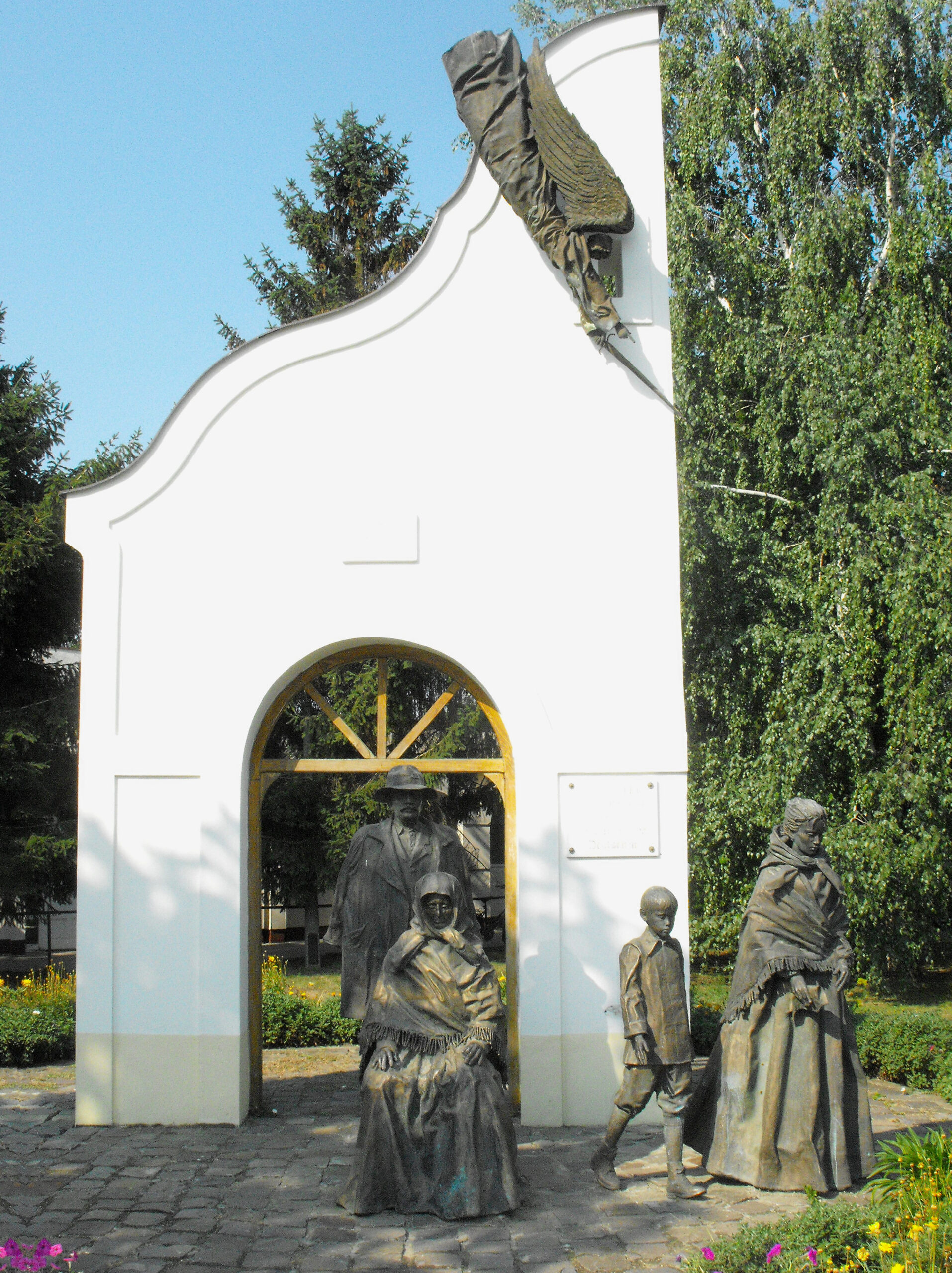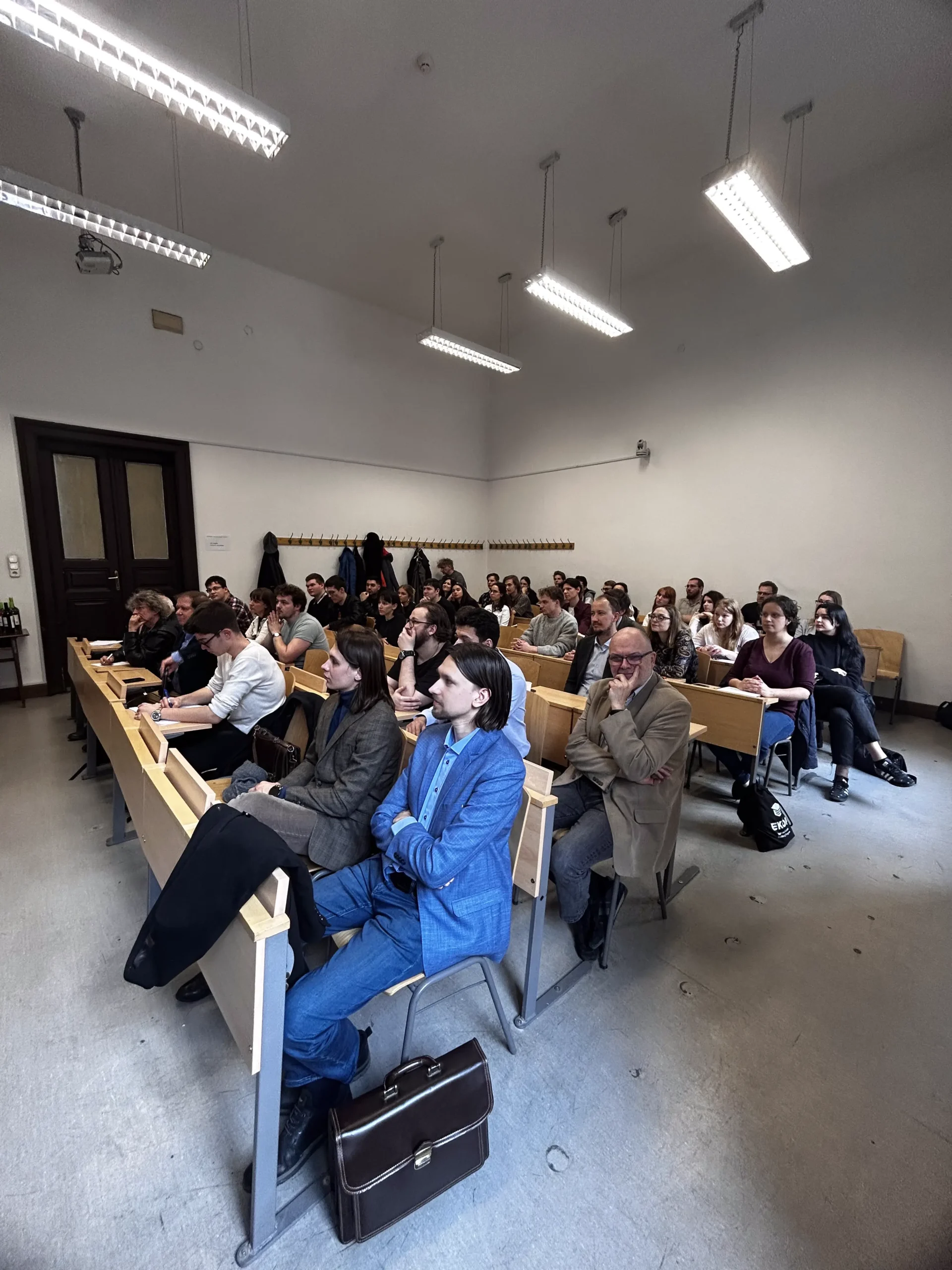The expulsion of the German minority – Elek
Fact of the Hungarian figure „Minorities in Hungary”
Part of the „The emancipation of minorities” topic
The expulsion of the German minority from Hungary following World War II is one of the most tragic episodes in the history of Central Europe’s ethnic communities. Among the many towns affected, Elek in southeastern Hungary serves as a poignant example of the upheaval that occurred. The German-speaking population, known as the Danube Swabians, had been an integral part of Hungarian society for centuries, contributing to the economic and cultural fabric of the region.
The origins of the Danube Swabians date back to the 18th century when the Habsburgs encouraged German settlers to populate and develop the lands of the Hungarian Kingdom. These settlers maintained their language, traditions, and a distinct cultural identity while coexisting peacefully with other ethnic groups in Hungary. However, the aftermath of World War II brought catastrophic changes to their lives.
The Potsdam Conference in 1945, which determined much of post-war Europe’s restructuring, sanctioned the expulsion of German minorities from Central and Eastern Europe. This decision aimed to prevent future conflicts by removing German populations that were perceived as potential sources of tension. In Hungary, this led to the forced displacement of hundreds of thousands of ethnic Germans, including those from Elek. The expulsions were often carried out with little warning, and the displaced families were forced to leave behind their homes, lands, and possessions, many of which had been in their families for generations.
The forced migration of the German minority had profound consequences not only for those expelled but also for the regions they left behind. Communities like Elek lost a significant part of their population, along with the economic skills and cultural traditions that the German-speaking residents had contributed. The social fabric of these areas was irrevocably altered, with entire communities being uprooted and scattered across a devastated post-war Germany.
In a broader context, the expulsion of the German minority was part of a larger pattern across Central Europe, where millions of ethnic Germans were forced out of countries like Czechoslovakia, Poland, and Yugoslavia. These population transfers were often accompanied by violence, hardship, and loss, leaving deep scars in the affected regions.
Today, the legacy of these expulsions is recognized as a significant historical injustice. In Hungary and elsewhere in Central Europe, there has been a growing effort to acknowledge the contributions of the displaced German communities and to remember the suffering they endured. Memorials, cultural events, and historical research aim to preserve the memory of the Danube Swabians and ensure that the lessons of this dark chapter are not forgotten. The expulsion of the German minority from places like Elek serves as a stark reminder of the devastating impact that forced migration and ethnic cleansing can have on communities and the importance of protecting minority rights in any society.





